- Announcements
- Knowledge
- Kratom Recipes
- Kratom Buying Guides
- Product Reviews and Comparisons
- Tips
- Kratom
- Kava
- References
- Mushrooms
- Features
- Delta
![The Latest Update on DEA Kratom Ban [2023]](https://dropinblog.net/cdn-cgi/image/fit=scale-down,format=auto,width=700/34246750/files/featured/Kratom_Ban.jpg)
The Latest Update on DEA Kratom Ban [2023]
 James Birch
Kratom Buying Guides
James Birch
Kratom Buying Guides
11/21/2022 2:53am
7 minute read
The update on DEA Kratom ban left everyone intrigued to know more about it. Are you also among these people? Do you want to know why the DEA is adamant about banning Kratom? Where does the FDA stand in this conflict?
Are you a fan of this herb and want to know more about what part you can play in preventing a ban on it? Then you are in the right place. This article covers all the details that you should know about it. Let’s dig deeper and discover more.
Update on DEA Kratom Ban Attempts
The news of the Kratom ban first surfaced in 2016 when the DEA showed intentions to restrict Mitragyna use. Followed by this, the DEA introduced a temporary ban on August 31, 2016. This restriction made any sale or consumption of this substance an illegal act.
As a result, no laboratory could conduct any research on the properties of Kratom. With this, the actual characteristics of Kratom remained unclear.
This update on the DEA Kratom ban had to face a lot of backlash from the users. Furthermore, several US lawmakers voiced their disapproval of the decision in a letter to the DEA.
In the wake of this fallout, DEA delayed the prohibition of Kratom until December 1, 2016. But, the backlash continued till the authorities postponed the date further ahead. Consequently, it enabled researchers and scientists to delve deeper into the herb's properties.
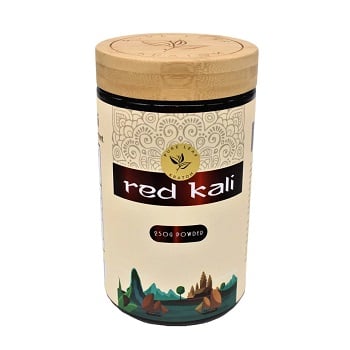 Click Here To Shop Premium Pure Leaf Kratom Powder Red Kali Online
Click Here To Shop Premium Pure Leaf Kratom Powder Red Kali Online
Update on DEA Kratom Ban: The Stance of FDA and DEA
Kratom caught the attention of legislative bodies when it gained popularity in the USA and across the globe. The popularity of this herb increased so much that, along with its use, the rumors also began to rise. FDA and DEA were all ears to these rumors.
There was a word on the street that Kratom caused many deaths. This rumor proved to be unfavorable for Speciosa consumers, and they had to suffer at the hands of this. The authorities were quick to react to these rumors and banned Kratom.
They did not conduct any medical research on the cause of these deaths. There is no proof that Ketum was responsible for these deaths. The DEA held Mitragyna blameworthy and declared it harmful to human beings.
In another attempt to ban this plant, the FDA labeled it as a narcotic. Whereas, in reality, Kratom acts differently from narcotics. FDA and DEA have no medical evidence to support their claims, which is why they are unsuccessful in banning this plant material.
Over the years, DEA and FDA have been associating many deaths with Kratom, but they have failed to provide medical evidence to back up their claims.
They consider mitragynine and 7-hydroxy-mitragynine, active metabolites in Mitragyna Speciosa\, harmful to human health. Again, they have no medical research or evidence to support their views.
DEA and FDA are working tirelessly to ban Kratom. They are working together to ensure that they impose a ban on the use and sales of Kratom nationwide. The DEA's justification for continuing its efforts to ban Speciosa is that there is insufficient information about its safety.
They assume it to be harmful to humans as they have endorsed the rumors related to it. But scientists and researchers argue that due to the new update on DEA Kratom ban, it will only become more difficult for them to research to find out more about this herb.
Consequences of The Current Update on DEA Kratom Ban
Kratom is a very popular botanical, and many people use it frequently. So, a ban will not prevent them from using this plant.
In reaction to the update on DEA Kratom ban, altered and contaminated products will begin to appear in the market. People will have no choice but to buy it from the black market.
The compromised quality products will contain impurities that will pose a risk to the health of people. This situation will leave people with no option other than to use low-quality products.
DEA and FDA classified Kratom as a Schedule 1 substance. This step meant that conducting clinical trials on Mitragyna would become almost impossible, as it requires permission from the DEA to carry out any research on Schedule 1 substances.
This permission involves a lot of paperwork and cost. Therefore, we will not get to explore more of this herb, and its true potential will remain undiscovered. A ban on kratom herb will stigmatize it more.
How Can You React to The Update on DEA Kratom Ban?
As a user of Kratom, you can contribute to saving it from getting banned. Only users like you can help eliminate the doubts and misinformation regarding this herb. In response to the update on DEA Kratom ban, there are a few things you can ensure that will go a long way to rescue Mitragyna from getting outlawed.
The DEA is keen on restricting Speciosa consumption because of all the rumors related to it. So if you buy Kratom from vendors that lab tests their products and provide the best sales quality, only then, you can minimize these rumors.
You can support the AKA by signing up with them and submitting your testimonials. Make the local authorities in your state aware of your stand on this matter. You can do this either directly or through the advocacy platform of the AKA.
Update on DEA Kratom Ban: Its Position in Upcoming Times
The DEA first introduced a temporary ban on Kratom solely depending on the rumors associated with it. They did not have any medical evidence to support their claims.
Plus, the DEA had to face an intense backlash from users and lawmakers. On this basis, the DEA had to change its decision, and it lifted the ban on Kratom.
Although DEA, FDA, and pharmaceutical bodies are keen on banning this herbal product, a nationwide embargo is not probable. As long as DEA and FDA do not have any medical evidence against Kratom, this substance will be safe from getting banned.
While the DEA's efforts to ban Kratom were generally unsuccessful, this does not exclude Kratom from being outlawed. The DEA and the FDA are going above and beyond to enforce strict restrictions or a federal ban on all Kratom products.
Conclusion
DEA is determined to outlaw Mitragyna on the grounds of rumors. They don’t have any medical evidence to support their cause. Also, there is a lot that you can do as a user to prevent the prohibition of Speciosa. Do you want to know if Kratom got banned and what you can do as a user to stop it? Are you concerned about the latest update on DEA Kratom ban?
To find answers to your questions, make sure that you read the above discussion because it has everything that you need to know about the Kratom ban and its possible future.
Frequently Asked Questions
Q: Is Korth responsible for the Salmonella outbreak?
A: The outbreak was due to the vendors selling undercooked, raw, and processed products, like meat, eggs, etc., and not because of Speciosa. Still, reputable brands always send their stocks to third-party independent laboratories to check whether the material is free from Salmonella risks.
Q: What is AKA, and how does it play its part in uplifting the ban?
A: AKA is a shorter version of the American Kratom Association. It is a Korth advocacy group in the United States. Their goal is to educate and protect Kratom users around the globe and ensure everyone has access to safe strains.
Q: Which states in the US restrict Mitragyna consumption?
A: Wisconsin, Vermont, Indiana, Arkansas, Rhode Island, Tennessee, and Alabama are the places where you can’t consume Ketum or its variants.
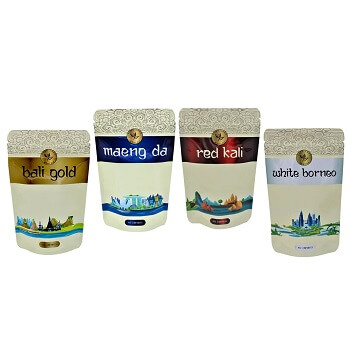 Click Here To Buy Potent Pure Leaf Kratom Capsules Variety Pack Online
Click Here To Buy Potent Pure Leaf Kratom Capsules Variety Pack Online
Related Articles
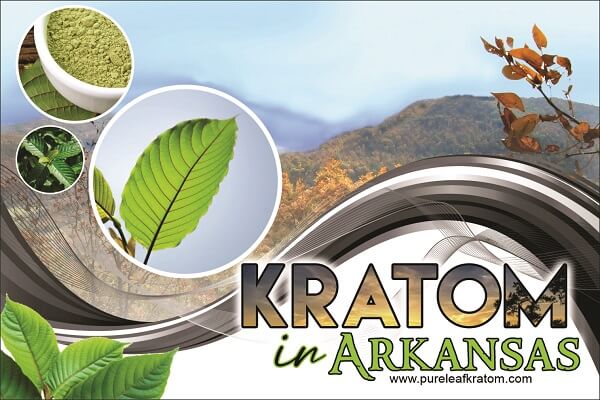
Kratom in Arkansas? The Legal Status & Consumption Penalties
7 minute read
11/21/2022 2:00am
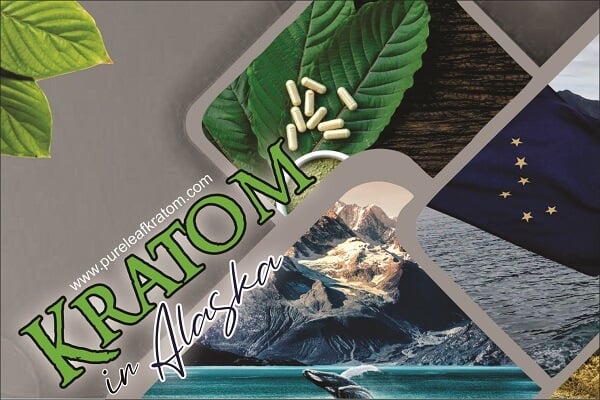
Kratom in Alaska: Is It Legal to Buy This Herb?
7 minute read
11/21/2022 4:16am
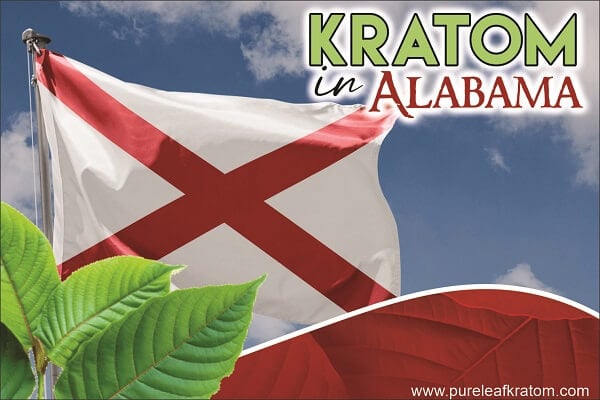
Kratom in Alabama: Can I Legally Buy & Consume This Botanical?
7 minute read
11/21/2022 2:09am
